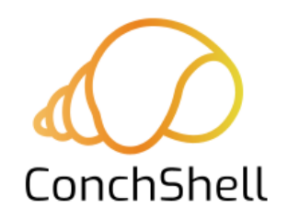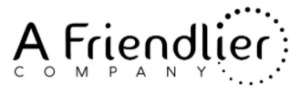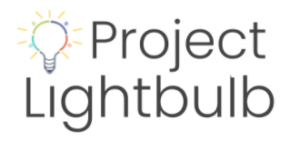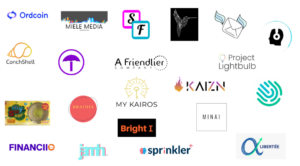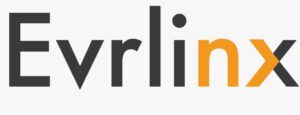We’re taking a personalized approach to startup support and delivering a more hands-on, tailored experience for startups
Many startup incubators that exist today still take a ‘one-size-fits-all’ approach when providing support to startups, meaning founders receive the same programming and services across the board.
At the DMZ, we know how important specialized support is when creating a business; strong foundations are key to building pathways to success. Each startup has a unique set of challenges, and our new model takes a personal approach to support, focusing on one-on-one mentorship to help overcome them.
With a rising demand for early-stage startup support at the onset of the pandemic and a lack of resources and programming available, the DMZ knew it was time to refocus efforts and fill a pivotal gap for founders in the ecosystem.
The DMZ’s new Incubator model has evolved to take a more customized, hands-on approach in an 18-month program to help founders obtain market validation and gain traction.
So what exactly is different about the DMZ’s new Incubator model? Let’s dive into it, shall we?
The DMZ’s Incubator now offers startups:
- Smaller and more intimate cohorts of no more than 15 startups
- 18 months of hands-on support, segmented into three, six-month phases to help founders achieve product-market fit, maximize early sales, and attract investment opportunities
- A customized approach to addressing a founder’s startup challenges: executing a go-to market strategy, acquiring lighthouse customers, gaining media exposure, exploring global expansion, preparing for the next round of funding, and more
- 60+ hours of one-on-one time with Entrepreneurs-in-Residence, in-house subject matter experts and additional time with DMZ staff
- Exclusive perks and discounts from 100+ partners including AWS, Google, Hubspot, and more worth over $600K in business savings
- More curated workshops and peer-to-peer sessions to share insights, lessons learned, and best practices on a wide range of topics
- More support with fundraising strategies, pitch coaching, and getting introductions to investors in the DMZ’s VC and angel investor networks within Canada and beyond
Beyond the Incubator program revamp, the DMZ has also launched other programs over the last year, including its Pre-Incubator, to support founders who aren’t eligible for the Incubator yet.
The DMZ’s vision is to support the full entrepreneurial journey of an early-stage founder: from personal founder development, to business ideation, product development, sales growth, and scaling.
Giving a hand to those who need it most.
The DMZ recognizes that underrepresented founders face various barriers when it comes to starting and growing a business, including being subject to systemic racism and inequities that have only been heightened by the pandemic.
To help create a more equitable and inclusive startup ecosystem, the DMZ has also expanded its programming for Black and women founders, equipping them with an additional stream of tailored resources they can tap into.
Startups with at least one founder who self-identifies as either Black or a woman will have additional peer-to-peer support, intros to funders dedicated to Black and women-led ventures, partnership and pilot opportunities, marketing and PR opportunities, special resources, events and more.
Don’t just take it from us – check out what founders from our inaugural cohort had to say about our revamped model.

“We have seen tremendous growth in our company and in our ability as a team to execute and strategize — the support has been fantastic. The Entrepreneurs in Residence (EIRs) that we have worked with are literally extensions to our team. The other companies in the cohort have been supportive and transparent in sharing their experiences with us, sharing great resources that can benefit everyone.” – Ayodele Pompey, CTO and Co-Founder of SmartTerm

“Many of the same problems exist for all startups, and by working alongside experienced mentors who have walked the same path, you can accelerate and understand the challenges at hand with greater clarity. The DMZ is truly a fast track to growing your startup.” – Sarah Rennick, Founder of Alli
“The DMZ is truly a fast track to growing your startup.” – Sarah Rennick, Founder of Alli
 “Being in DMZ’s Incubator program is like having a GPS for your startup journey, and the Black Innovation Program is the ‘Iron Man’ to DMZ’s ‘Avengers.
“Being in DMZ’s Incubator program is like having a GPS for your startup journey, and the Black Innovation Program is the ‘Iron Man’ to DMZ’s ‘Avengers.
By itself, the BIP program is a fantastic offering. When you combine it with DMZ’s Incubator program, it extends the level of support available to someone like myself as a founder of colour. The last 12 months have brought renewed acknowledgement of social issues facing the Black community, which the tech industry is guilty of as well. But rather than looking back, the DMZ is building a tech ecosystem where Black founders are well represented and can access the resources they need to build great products and companies.” – Baba Ajayi, Founder of Andie
“Being in DMZ’s Incubator program is like having a GPS for your startup journey.” – Baba Ajayi, Founder of Andie
 “As a part of the Incubator, we have a customized plan that was created for us to grow and dedicated mentors to work with. DMZ’s focus since day one has been on practicality, providing us with real tangible support to grow and succeed.” – Zach Sheng, Co-Founder of Charmy Pet
“As a part of the Incubator, we have a customized plan that was created for us to grow and dedicated mentors to work with. DMZ’s focus since day one has been on practicality, providing us with real tangible support to grow and succeed.” – Zach Sheng, Co-Founder of Charmy Pet
Community: The DMZ allows founders to tap into an unmatched local and global community. Founders will build relationships, grow their professional network and connect with like-minded peers.
Coaching: Startups have access to years of experience in the industry with more than 20 of the DMZ’s Entrepreneurs-in-Residence, specializing in sales, marketing, product, leadership, technology, operations and more.
Customers: The DMZ helps founders power their sales engine, connect with the right customers and fast-track growth. Startups will learn how to drive customer acquisitions.
Capital: Founders will learn how to create fundraising strategies, develop data rooms, get pitching practice and receive valuable introductions to investors.
Think you have what it takes to scale your business?
The DMZ is looking for promising and high-impact tech entrepreneurs who are ready to take their startups to new heights.
Do you have:
- A business dedicated to solving a compelling problem using innovative technology
- At least one full-time founder dedicated to the program
- A driven, coachable, and collaborative leadership team
- An in-house technical lead
- A functional MVP
- The ability to become a venture backable business in a growing market
Head over to dmz.to/incubatornews to apply for our next Incubator cohort, kicking off this September. Applications are open until July 31, 2021.
Not quite ready for our Incubator yet? Check out our pre-Incubator program, Pre-Incubator.
Make sure to follow us on Instagram @RyersonDMZ to catch our alumni success stories all summer long.





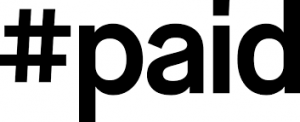

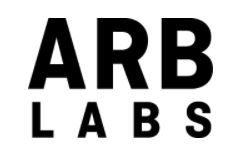


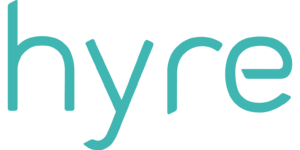




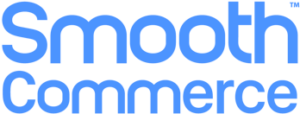

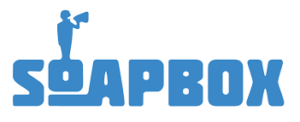





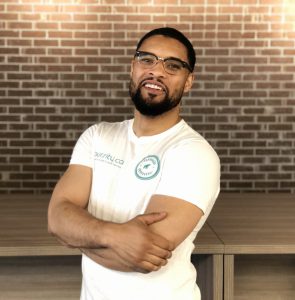



 Nathan Dumont
Nathan Dumont

 It sounds like the platform is valuable to companies at all stages of growth, not only young startups looking to get incorporated?
It sounds like the platform is valuable to companies at all stages of growth, not only young startups looking to get incorporated?


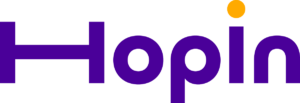
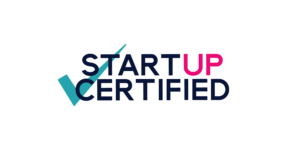 I was a student working at
I was a student working at  Before that placement, I had been working for the government for six years. I ran into the “red tape” problem – something that you hear about, but don’t believe it until you see it. I figured that there has to be a faster way and a better way for me to have an impact. I turned to startups. It seems to really be the best way to change something in the world.
Before that placement, I had been working for the government for six years. I ran into the “red tape” problem – something that you hear about, but don’t believe it until you see it. I figured that there has to be a faster way and a better way for me to have an impact. I turned to startups. It seems to really be the best way to change something in the world. We help companies expand their hiring pools. One of our companies is Maple Lodge Farms in Brampton. We helped them hire their first employee from Scarborough, which is really not a possible transit route if you don’t have a car, right? That’s the value we add to the companies.
We help companies expand their hiring pools. One of our companies is Maple Lodge Farms in Brampton. We helped them hire their first employee from Scarborough, which is really not a possible transit route if you don’t have a car, right? That’s the value we add to the companies.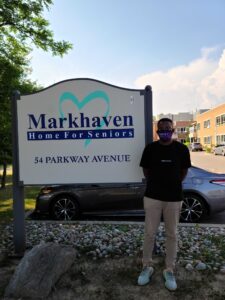 For the first couple of months, everyone was just trying to figure out their place in this world now. We took that time to help those in need. We realized we weren’t going to generate revenue for at least a few months, so we figured we might as well do something productive with the time and help out.
For the first couple of months, everyone was just trying to figure out their place in this world now. We took that time to help those in need. We realized we weren’t going to generate revenue for at least a few months, so we figured we might as well do something productive with the time and help out. 


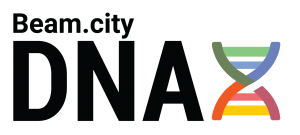 Zeze Peters, Founder & CEO of
Zeze Peters, Founder & CEO of  Kate Mansouri, Founder & CEO of
Kate Mansouri, Founder & CEO of 
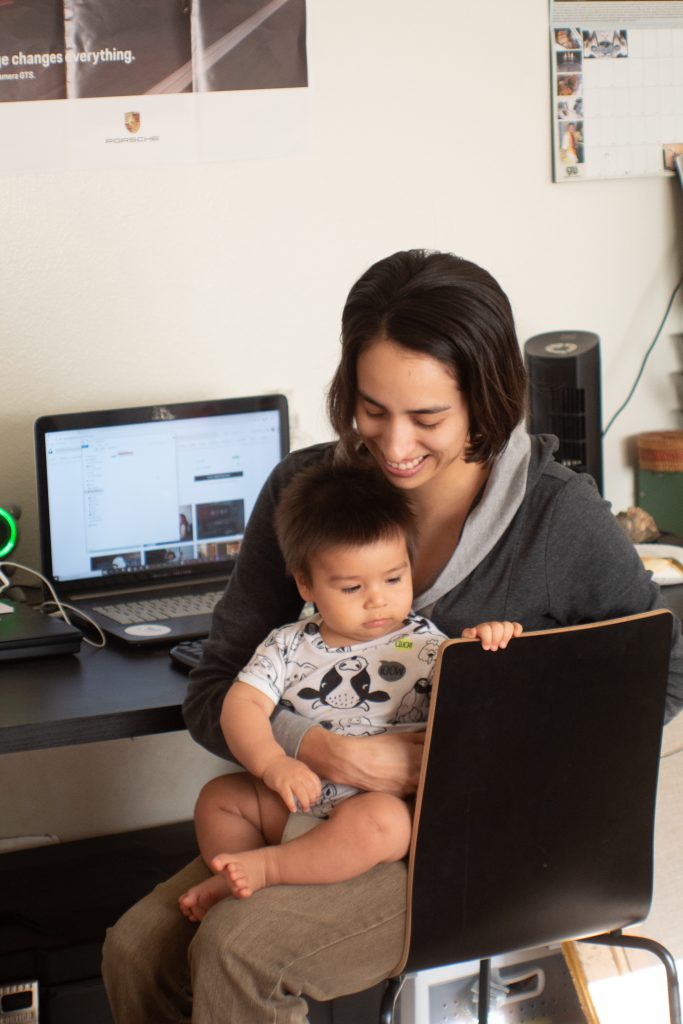 As the digital workplace and classroom may very well be our reality for the next while, we asked founders if they have tips to offer other parents for improving work-life balance and family dynamics in the current environment. Parents also explain that amidst the pandemic, they have seen some benefits to keeping the family at home – and have been embracing the silver linings that have come with it.
As the digital workplace and classroom may very well be our reality for the next while, we asked founders if they have tips to offer other parents for improving work-life balance and family dynamics in the current environment. Parents also explain that amidst the pandemic, they have seen some benefits to keeping the family at home – and have been embracing the silver linings that have come with it.

